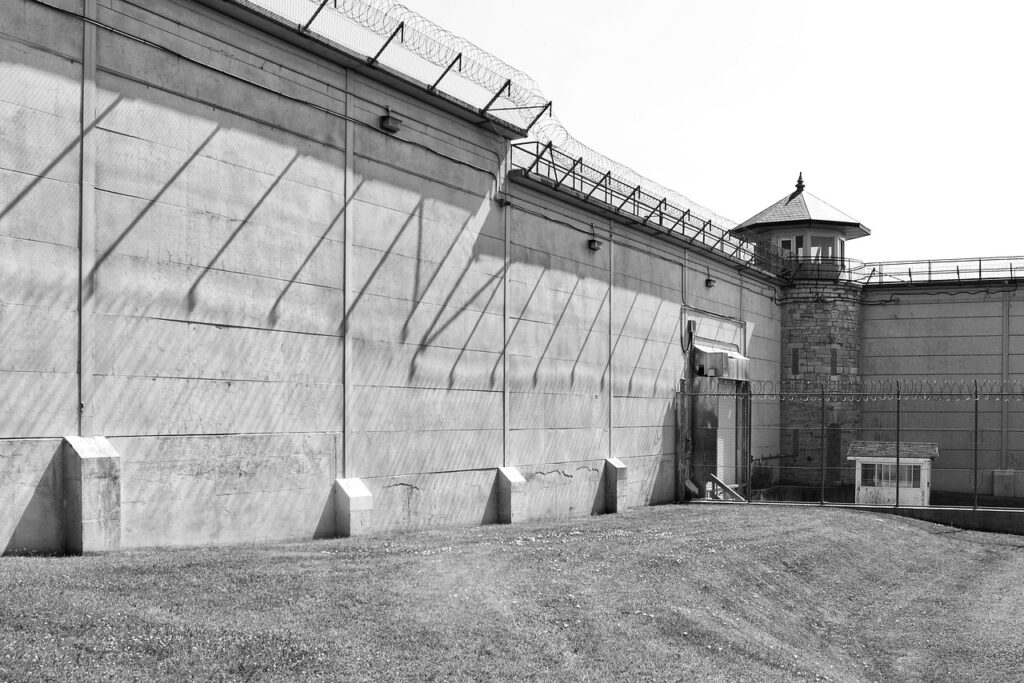Leonard Peltier, a Native American activist, is free after spending almost five decades in prison. Former President Joe Biden commuted Peltier’s life sentence. This decision allows him to live under house arrest.
Peltier, now 80 years old, was convicted in 1977 for the deaths of two FBI agents. The incident occurred in 1975 at the Pine Ridge Indian Reservation in South Dakota. Peltier has always claimed he is innocent. His case has sparked controversy for years. Many believe he was wrongfully convicted.
The Incident and Conviction
The FBI agents, Jack Coler and Ronald Williams, were killed during a shootout at the reservation. Peltier was convicted of their murders. But many feel his trial was unfair. There were claims of missing evidence, false testimonies, and government misconduct. Peltier has always said he did not commit the crime.
He was sentenced to life in prison. But over the years, the case has raised questions about justice. Peltier’s supporters argue that the system failed him. They say the trial was flawed from the start. Peltier has spent more than 45 years behind bars, and his health has worsened.
Health Problems and Advocacy for Release
At his age, Peltier’s health is in serious decline. He suffers from diabetes, high blood pressure, and other health issues. He also had complications from COVID-19. Over the years, many have called for his release. Supporters say he deserves to be free because of his poor health.
Human rights groups and many world leaders have supported Peltier. People like Pope Francis, the Dalai Lama, and Nelson Mandela have all spoken out in favor of his release. In recent years, more people have joined the fight to free him.
Finally, after years of pressure, President Biden made the decision. Peltier was released under house arrest. He will not return to prison, but he must stay in his home.
Leonard Peltier’s Statement
Peltier was released from prison in Florida. He traveled to his home in North Dakota. There, he will live under house arrest for the rest of his sentence.
In a statement, Peltier expressed his gratitude. He said, “Today I am finally free! They may have imprisoned me, but they never took my spirit!” This marks a new chapter in his life.
A Historic Moment for Indigenous Rights
Many people see Peltier’s release as a historic moment. For decades, his supporters have fought for his freedom. They view his imprisonment as a symbol of injustice. Native American groups believe his case represents the oppression faced by Indigenous people.
Nick Tilsen, the CEO of the NDN Collective, spoke about Peltier’s release. He said it was a powerful symbol of Indigenous resistance. The NDN Collective is a group that has been at the forefront of efforts to free Peltier. They will host a welcoming event for him on Wednesday.
Amnesty International also praised Biden’s decision. Paul O’Brien of the group said it was “the right thing to do.” He pointed out that Peltier’s trial was unfair and that his health was in decline. Many supporters believe this is a long-overdue step toward justice.
Opposition to the Commutation
Not everyone agrees with Biden’s decision. The FBI Agents Association has strongly opposed it. They argue that Peltier has never shown remorse for the killings. They believe he is guilty and should not be released. Natalie Bara, the president of the FBI Agents Association, called the commutation a “disgraceful act.” She said it was a “betrayal” to law enforcement.
The disagreement over Peltier’s release shows the deep divisions in the case. For many of his supporters, Peltier’s release represents a step toward justice. But for others, it is a painful reminder of the deaths of the FBI agents.
What Comes Next for Leonard Peltier
As Leonard Peltier begins his new life at home, his case continues to be an important topic. It raises questions about the treatment of Indigenous people in the U.S. Many believe Peltier’s wrongful conviction is part of a larger pattern of injustice. His supporters say his release is a step toward healing. But the fight for justice for Indigenous people is far from over.
For Peltier, his freedom represents the end of a long struggle. But for his supporters, it also represents the beginning of a new chapter. They hope it will bring more attention to the injustices faced by Native Americans.
Peltier’s case will continue to inspire debates about fairness, justice, and the rights of Indigenous peoples. It also serves as a reminder that the fight for justice is never truly over.
For more updates on Leonard Peltier’s release and other related stories, visit New York Mirror.


